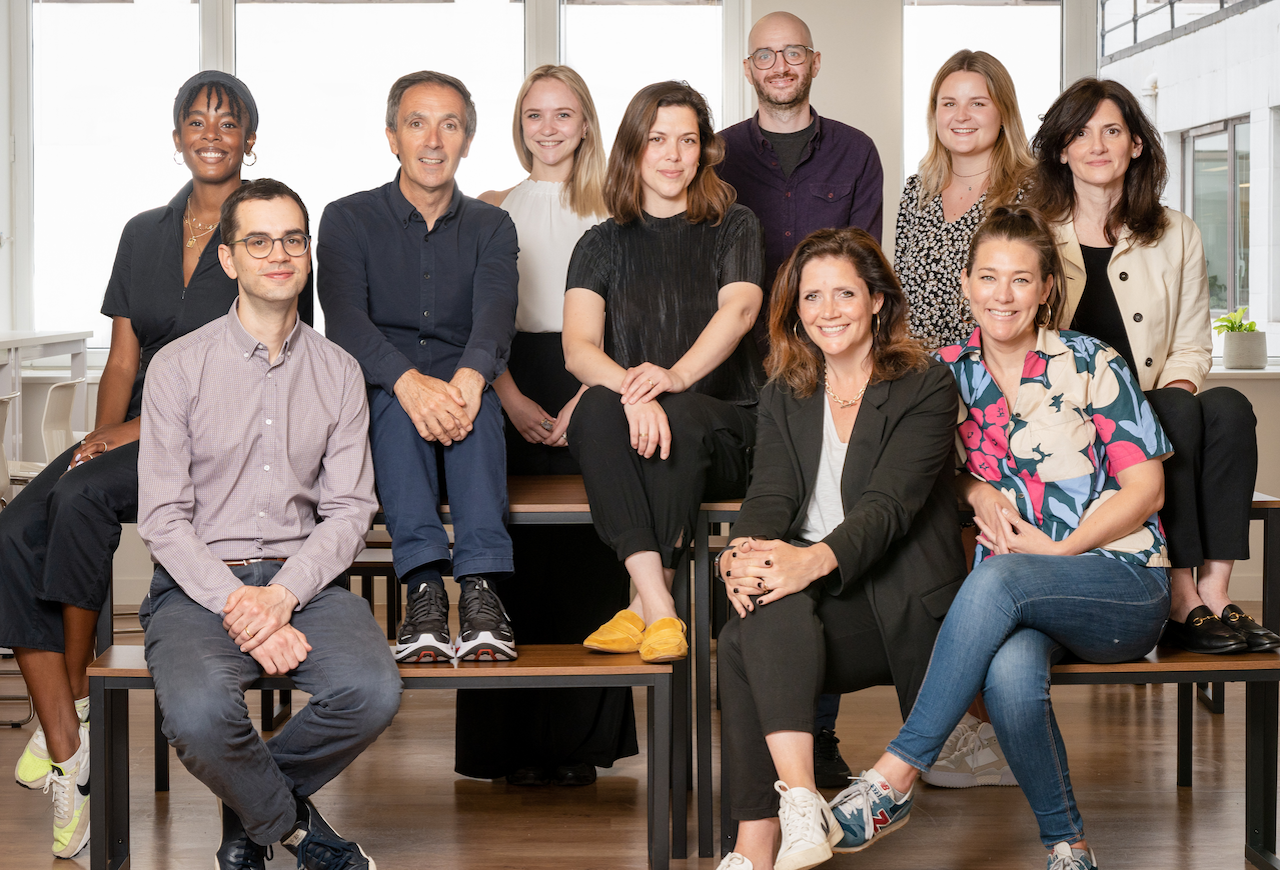The Zinc 2 fund, which will support 500 entrepreneurs to create high impact ventures, has reached a first close at £28m with UK government’s British Business Bank as anchor investor

London-based early-stage venture capital fund manager Zinc, which has recently announced the first close of its Zinc 2 fund, has taken on lessons learned from its first five years of operations to scale up businesses more effectively and achieve greater impact, according to co-founder Ella Goldner.
Last month, Zinc announced it had completed the first close of its Zinc 2 early-stage venture capital fund at £28m (€32.5m), and that it was targeting a final close of £33m. The new fund will back 500 entrepreneurs to create ventures from scratch, and will invest in 100 of the ventures created.
The fund’s anchor investor is the UK government’s British Business Bank, via its Enterprise Capital Funds programme, which supports emerging venture capital fund managers targeting the early-stage equity gap.
Other investors include Big Society Capital, Molten Ventures, Isomer, Dunhill Medical Trust, Atomico, and Anthemis Group, as well as family offices, and various other early-stage investors.
The fund manager focuses on encouraging fresh talent in four investment areas: improving mental health, protecting the natural environment, improving the quality of later life, and helping people impacted by automation and globalisation.
Companies in which it has invested so far are involved in diverse activities including menopause support (Vira Health), transport for workers in small cities and towns (Tandem), personalised contraception pills (Pexxi) and support for eating disorders (Beanbag), among others.
Promoting diversity
Zinc promotes diversity in its operations: more than half of the founders it backed in its most recent programme were women, 15% were black, and the average age was 38.
Those chosen are typically people who are in mid-career, but keen to change direction to improve the social impact of what they do. They could come from the commercial world or the social impact professions, such as medicine, education or NGOs. Zinc then helps them build a venture any from scratch to meet a given social challenge, even from a stage before they have a specific business idea in place.
There is an initial 12-month of support via so-called venture builder programmes, each of which includes 70 entrepreneurs focused on one of Zinc’s four investment areas.
The programme gives participants the opportunity to find a co-founder, access expert support, build a product and win financial investment. Each programme has 100 Visiting Fellows and an extensive network of partners, according to Zinc, which itself invests up to £250,000 in companies successfully created.
More impact, faster
In total, Zinc has already backed more than 220 founders, who have developed over 60 ventures, since it was founded in 2017 by Goldner, Paul Kirby and Saul Klein, with early backing from investors that included the London School of Economics.
Goldner told Impact Investor that Zinc had honed its approach to investment over that time.
“We had quite limited expectations in terms of the portfolio success when we started Zinc, as we took a risk and wanted to learn by iterating and improving our model. We’re now confident in our approach and in a strong position to be able to pace and scale our programmes, to achieve more impact, faster,” she said. We learned a lot, for example, about the importance of coaching in the personal development journey.”
Goldner expects to reach final close for the fund in coming months, and then to start fundraising for the new fund in two years-time.






